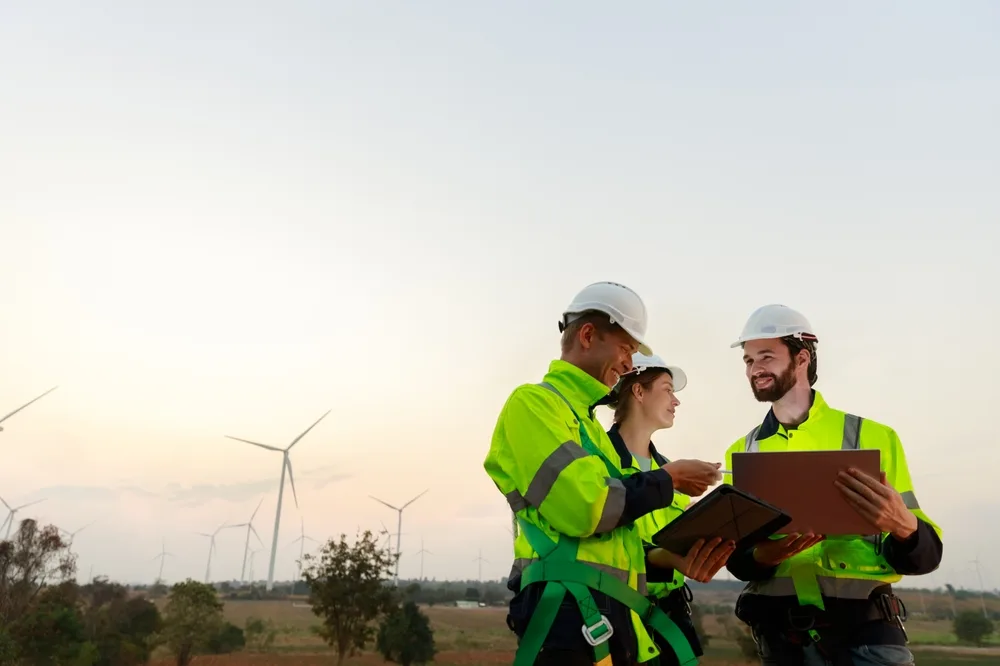Energy Management System: Development and Implementation (BS EN 16001/ISO 50001) Course
Introduction:
Increasingly, stakeholders are focusing on energy and carbon policies, recognizing them as key components of effective organizational management. Various resources, such as energy, play a crucial role in achieving our objectives.
However, organizations often neglect the practice of controlling and managing their energy consumption. There is constant pressure to reduce costs, minimize resource use, and lessen environmental impacts.
Effectively managing energy becomes straightforward and efficient once the necessary practices and methodologies are learned and implemented.
Objectives:
By the end of the training course on BS EN 16001 and ISO 50001 Energy Management System, participants should be able to:
- Understand the origins of energy resources.
- Identify opportunities for energy conservation and efficiency improvements.
- Manage energy effectively when it is brought on-site.
- Mobilize coworkers to practice energy resource management on a daily basis.
- Exhibit best energy management practices accessible to all stakeholders.
- Understand the methodology of energy management system development and its application.
- Learn about the International Energy Management Standard (ISO 50001).
- Save money on resources, reduce costs, and cut down carbon emissions and harmful greenhouse gases.
Training Methodology:
- Travelogue Analyses
- Debates
- Experiential Learning
- Simulation Sessions
- Expert Interaction
- Simulation Games
- Project-Based Work
- Interim Evaluation and Feedback
Course Outline:
Unit 1: Introduction to Energy
- Energetics and ecology.
- Energy statutes, legislation, and procedures.
- Learning the language of energy.
- Carbon emissions: scope and effect.
- Introduction to energy management systems: ISO 50001, BS EN 16001.
- Energy uses in various fields.
Unit 2: Assessment and Management of Energy Information
- Deciphering energy invoices to discern value.
- Sound metering practices.
- Data cognition and data capture.
- Management by results.
- Information processing to minimize energy waste.
- Appraisal of energy use management.
Unit 3: Energy Auditing / Review
- Overview of the energy evaluation process and its role in energy management.
- Auditing from basic to advanced levels.
- Continuous auditing of energy use management.
- In-depth auditing of energy management problems.
- Performance assessment of energy management.
- Evaluation of activities and instruments for alternative directions.
Unit 4: Monitoring and Targeting
- Comprehending raw data to extract energy use behavior.
- Defining relationships with the organization's activity levels.
- Setting targets/benchmarks/KPIs for energy efficiency performance.
- Secondary exploration using planning methods: regression analysis and CuSum techniques.
- Definition of consumption structure and levels.
- Monitoring and targeting/reporting parameters for continuous enhancement.
Unit 5: People Power
- Seeking sources of assistance and advice in energy management.
- Motivating all employees to participate in energy management programs.
- Introducing policies and strategies that align with energy targets.
- Building alliances for collective efforts in managing energy resources.
- Utilizing energy management communication/information tools within the organization.


















